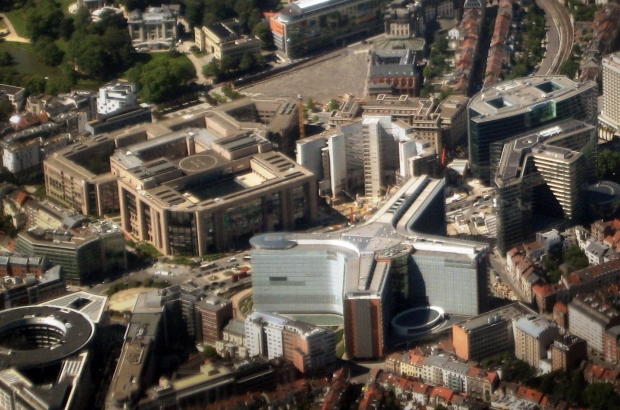- Daily & Weekly newsletters
- Buy & download The Bulletin
- Comment on our articles
Brussels DC ‘not on the cards’
The Brussels metropolitan project, scheduled in the reform of the State, will not in the short term lead to the creation of a kind of ‘Brussels DC’, by analogy with the US capital, according to a study by researcher Caroline Van Wynsberghe published in Brussels Studies. The metropolitan community must develop links between Brussels and its hinterland in employment, land use and mobility. In Washington, urban cooperation already exists, rendering the comparison between the two capitals relevant, Van Wynsberghe says. “The main specificity of the Brussels metropolitan community is that it is a unique model, as the federal negotiators have not seen fit to develop a structure which would be applicable to other big cities in the country,” she writes. “In that respect, it is an ad hoc response to a problem which is specific to Brussels. It may therefore be seen as a typical centrifugal response, as the federal level avoids the question and leaves it up to the regions to settle a problem which it is unable to deal with. Therefore, by requiring an agreement between the three regions, the problem is simply shifted.” Of the concept of metropolitan cooperation, she adds it is “a longstanding practice [for 60 years] in the United States in general and in Washington in particular. There has therefore been enough time for trust to take root, which is far from being the case in Belgium.” Brussels finance minister Guy Vanhengel still believes in the concept, however. In a statement, he said he hoped that the study would lead to a pragmatic approach, to build trust between the parties and communities concerned. Inter-regional tram lines could be an ice-breaker, he says.









